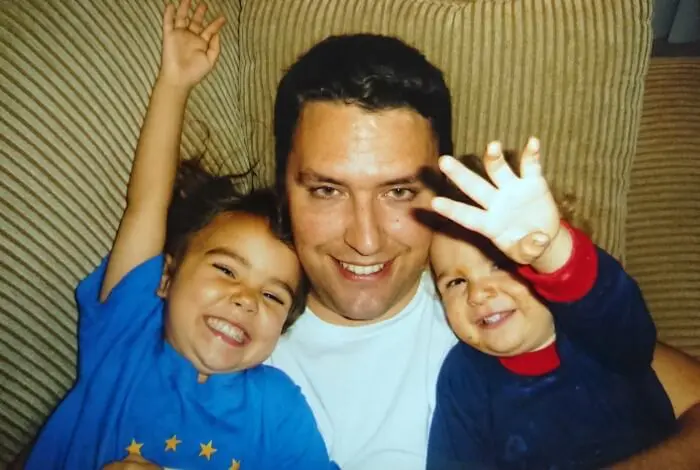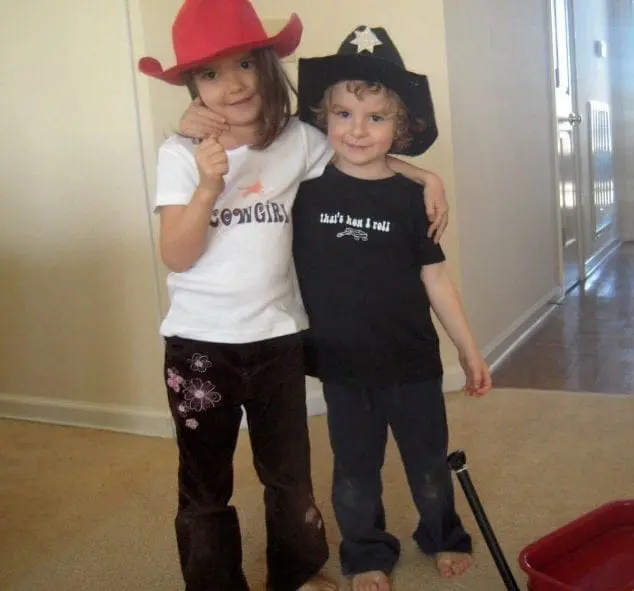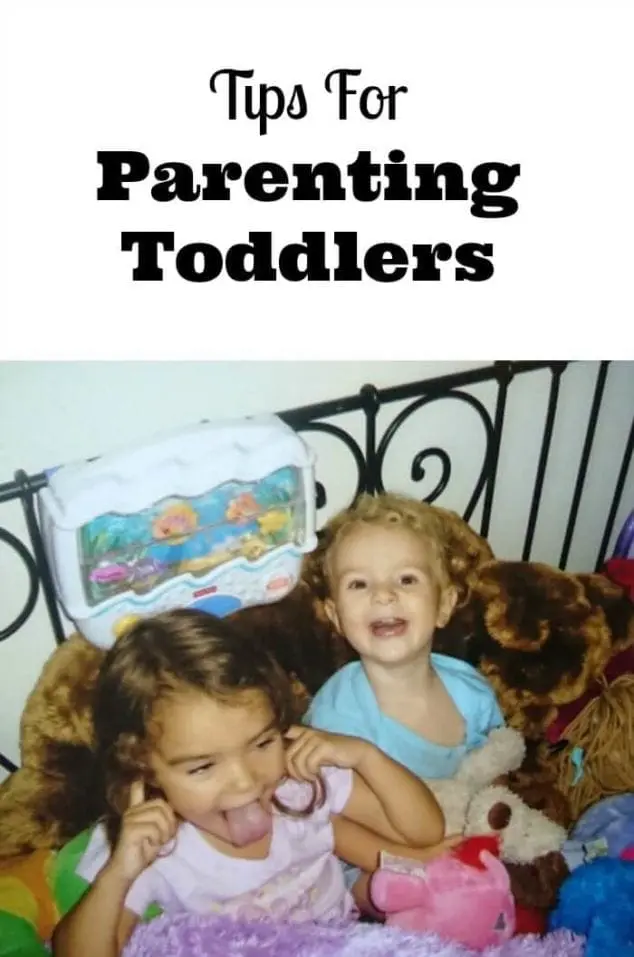If you’re the parent of a toddler, you know it can be challenging. Toddlers are starting to test their independence, figure out what they want (and what they don’t), and they’re pushing the limits of your patience for fun. This is also the time when toddlers are starting to learn what the rules are and that there are consequences for not following them. With some patience, mindful parenting, and conscious thought about how you react to situations, both you and your toddler will get through this learning time. With these parenting tips for toddlers, you will even cherish these years that pass so quickly.
How old are toddlers?
First, let’s clarify. How old are toddlers? Toddlers are typically considered to be children between the ages of 1 and 3 years old. This stage is characterized by significant growth and development milestones in motor skills, language, and cognitive abilities.
Children up to 5 years of age are generally categorized as part of early childhood, but they are not typically referred to as toddlers. Here’s a breakdown of the age categories:
- Infants: Birth to 1 year
- Toddlers: 1 to 3 years
- Preschoolers: 3 to 5 years
However, when it comes to shopping for clothing for toddlers there are sizes 2T, 3T, 4T, and 5T. So as you can see these things aren’t really congruent. Some people may think of toddlers as ages 2-5. While I wanted to address that point of view, it remains true that experts in child development use the term “toddler” to describe children who are between the ages of 1 and 3 years.

When do toddlers start talking?
Toddlers typically start talking around the age of 12 to 18 months. Here are some general milestones for speech development:
- Around 12 months:
- Most toddlers say their first words, often simple words like “mama,” “dada,” or “bye-bye.”
- They understand and follow simple commands, like “come here.”
- By 18 months:
- Toddlers usually have a vocabulary of around 10-20 words.
- They start to use simple two-word combinations, such as “more juice” or “big truck.”
- By 2 years (24 months):
- Vocabulary typically expands to 50 or more words.
- They begin forming simple sentences of two to three words, like “want cookie” or “my ball.”
- By 3 years:
- Vocabulary increases significantly, often to about 200-1,000 words.
- They use more complex sentences and can be understood by unfamiliar listeners most of the time.
- They start using plurals, pronouns, and simple prepositions.
It’s important to note that there is a wide range of normal when it comes to speech development. Some children may learn to talk earlier or later than these typical milestones. If you have concerns about a child’s speech development, it’s a good idea to consult with a pediatrician or a speech-language pathologist.

How To Talk So Little Kids Will Listen
Talking so little kids will listen is a mix of clear communication, emotional connection, and setting realistic expectations. Here are some practical techniques:
- Get on their level: Physically kneel or sit so you’re eye-to-eye. It makes you less intimidating and helps them focus.
- Use their name first: Saying their name gets their attention before you give instructions.
- Keep it short and simple: Little kids can’t process long explanations. Use short sentences and simple words.
- State what you want, not what you don’t want: Instead of “Don’t run,” say “Please walk.”
- Offer choices when possible: “Do you want to put on your red shoes or your blue shoes?” It gives them a sense of control.
7 Toddler Parenting Tips To Help You Enjoy These Special Years
Toddlers change so rapidly! This stage of development is marked by significant physical, cognitive, and emotional growth. Reading to toddlers helps with language development and cognitive skills. Play is crucial for development. Engage in activities that promote physical, cognitive, and social skills. Here are parenting tips to make it through the toddler years of parenting.
Be Loving
First and foremost, always show your child love and affection. Make sure that your moments of love, hugs, and kisses outnumber the times of discipline. This will allow your child to feel safe in knowing that, even when they misbehave, they are still loved. Praise their positive actions to motivate them to do more of the things you want them to.
Limit the Rules
If there are too many rules, your toddler will have a difficult time remembering and following them all. Instead, focus on the most important rules, the ones that focus on safety and wellbeing. You can add additional rules one at a time. To make it easier for your toddler to follow the rules, remove temptation and childproof your home.
Know Their Limits
One of the most important parenting tips for toddlers is understanding that your toddler’s attention span is much shorter than yours. This means that they can become easily frustrated, leading to a tantrum. Do your best to prevent this by allowing free play time, encourage naps, and reduce the amount of time they need to stay focused.

Choose Your Battles
Saying no to everything will frustrate your child and cause them to act out. Instead, look for times it’s okay to say yes to something they want and when it is ok to encourage their independence. Try to find a balance between what you want them to do and what they want to do.
Offer Choices
Whenever possible, encourage your child’s independence with choices. Give them clothing choices and let them decide what they want to wear. Ask them what they’d like for dinner once in a while. Let them choose between free play with their toys or coloring. Even just a few choices help them feel more in charge of their life.
Stick to a Schedule
Another great parenting tip for toddlers to try to develop a routine. If you have a daily schedule, your toddler will always know what’s expected of them and when. Try to keep to the same time for going to bed, getting up, taking a bath, reading time, etc. If they know that the same thing happens at the same time every day, the number of tantrums they have over having to do something will be reduced.
Encourage Good Communication
Remind your toddler to use their words to express wants and feelings instead of just screaming or crying. Let them know that you don’t respond to inappropriate actions and when they use their words to communicate, you can help them with what they want.
Enforce Consequences
Make sure that breaking your rules comes with consequences and your child knows what they are ahead of time so they’re not surprised by the punishment if they misbehave. And if they do break the rules, uphold your consequence; they’ll be less likely to do it again.
Conclusion
Parenting a toddler does require a lot of patience, but if you treat them with respect and give them space for a little independence, you’ll find that they’re happier and more well behaved. These parenting tips for toddlers are designed to help you practice positive parenting that will lead to both the parent and the child feeling less frustrated and more in harmony.
Related Posts:
